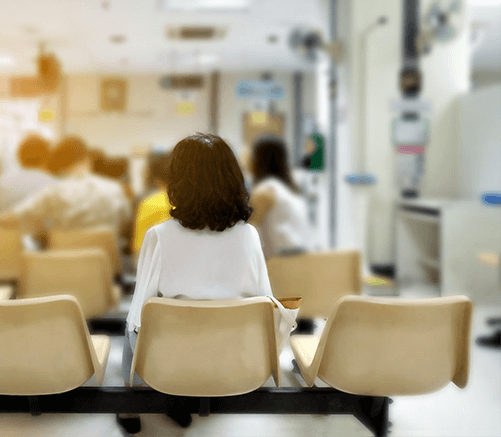Self care is about keeping fit and healthy, understanding when you can look after yourself, when a pharmacist can help, and when to get advice from your GP or another health professional. If you have a long-term condition, self-care is about understanding that condition and how to live with it.
NHS UK has a number of guides and support available for a range of common illnesses and injuries, to find out more visit their Health A-Z: www.nhs.uk.
By keeping certain useful medicines at home, you can treat common conditions immediately. The medicines you may want to keep at home could include:
- A painkiller to help treat minor conditions associated with pain, discomfort and fever.
- Indigestion medicines, oral rehydration salts and treatments for constipation and diarrhoea.
- Treatments for seasonal conditions such as colds and hay fever.
- Sunblock and after sun.
- Some basic first aid items would also be useful.
If you have children make sure you also have produce suitable for children.
Speak to your pharmacist for advise on what medicines to keep at home, how to store them safely and how to use your medications. More information on stocking a safe medicines cabinet can be found below.
Ensuring you have a well-balanced, healthy diet will mean most people don’t need to take vitamin supplements or probiotics. If you do wish to take these products to avoid you becoming deficient, you can buy them from a pharmacy, a supermarket or online.
You can also speak to your local NHS Community Pharmacy team who can help with advice on minor, short term conditions - find out more on our Pharmacy First page.
How do I stock a safe medicines cabinet?
There are some everyday medicines that you can stock up on and keep handy in your home - remember to keep these medicines together in a safe place, out of the reach and sight of children.
- If you have children in the house, make sure you have products suitable for children – ask your NHS community pharmacist for advice to ensure you have medicines suitable for their age
- When giving medicines to children check the dose carefully. For liquid medicines, measure the dose with care. Use an oral syringe if the dose is less than 5ml. You can get an oral syringe from your pharmacy
- Children under the age of 16 should not take aspirin or aspirin-based medicines
This list, recommended by the Royal Pharmaceutical Society, will help you deal with most minor health problems and illnesses: https://
The NHS recommends a healthy, balanced lifestyle as the key to living well and you can find a range of resources online to support you with this: Self-help - NHS (www.nhs.uk)
NHS Better Health includes advice on diet and exercise, cutting down on smoking and alcohol, and looking after your mental health. You’ll need to use Google Translate to access this information, but you may find it useful.


